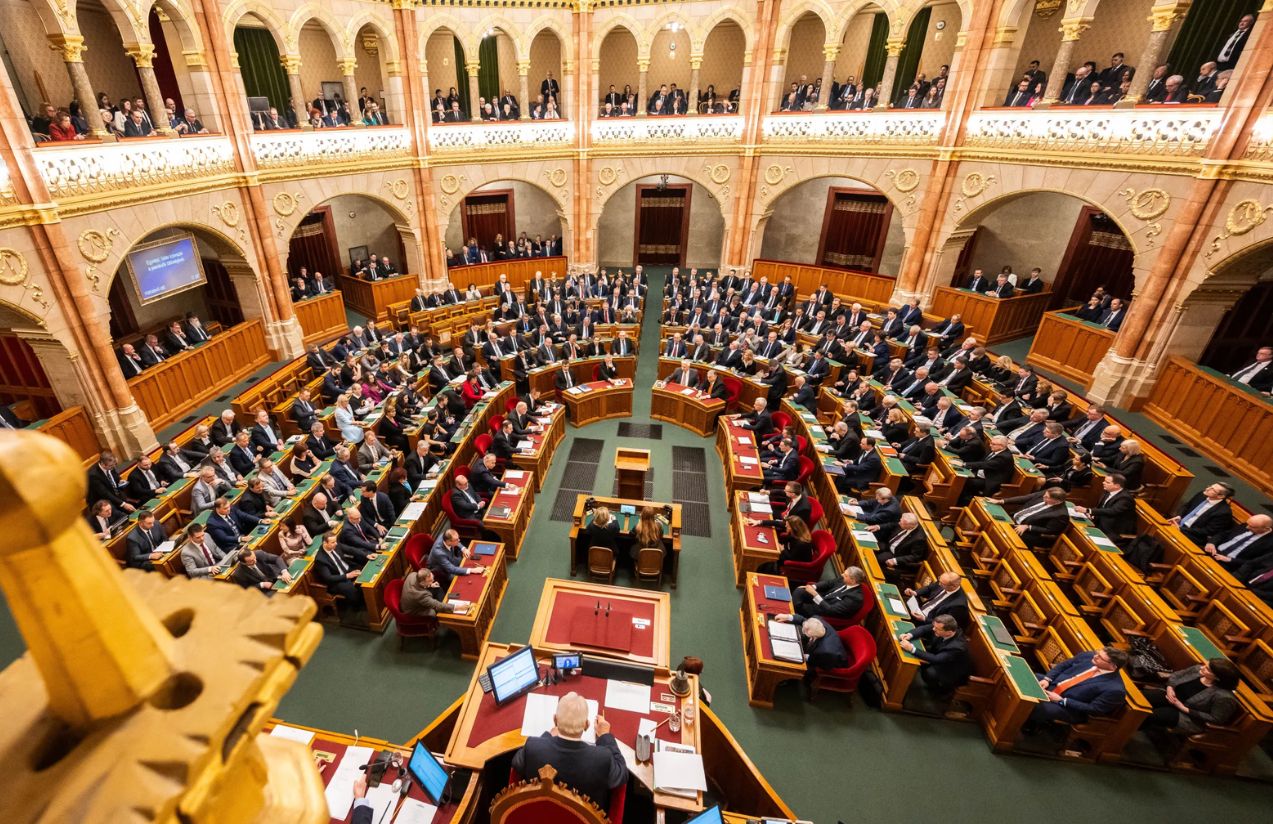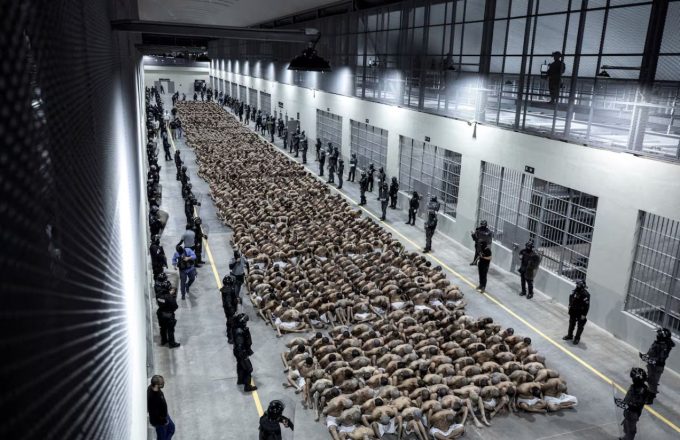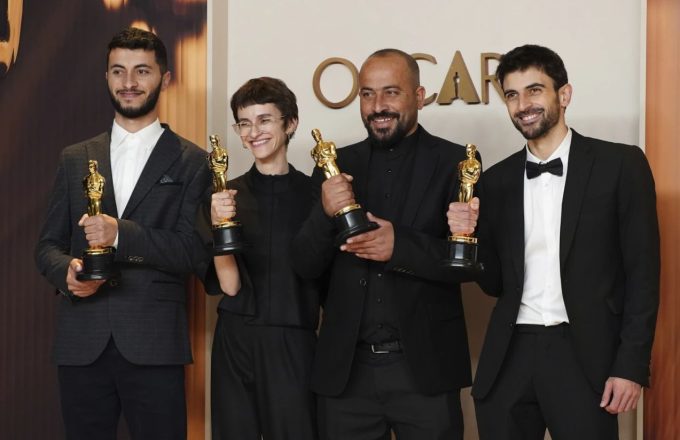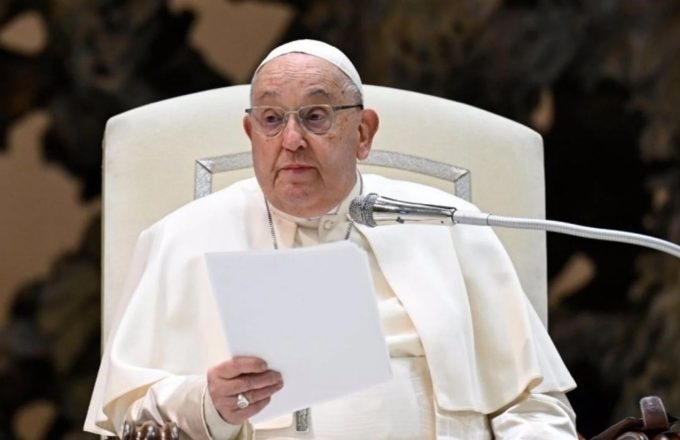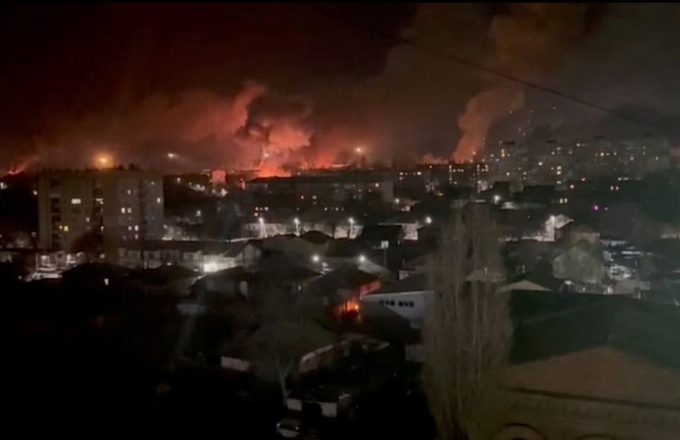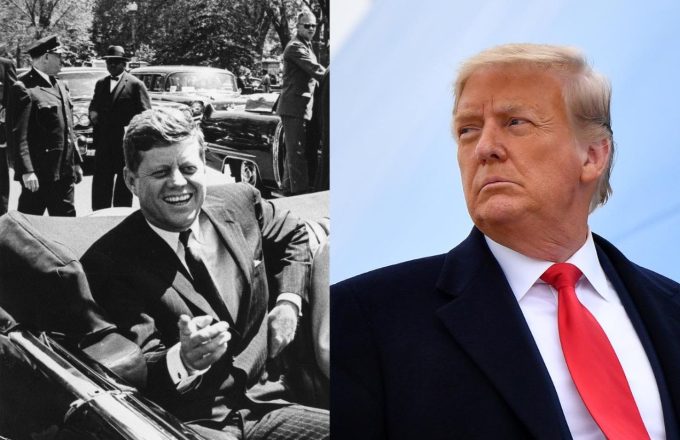The Hungarian Parliament on Monday passed a controversial constitutional amendment granting the government the power to ban public events organized by LGBTQ+ communities. The measure, pushed by the ruling Fidesz-KDNP coalition led by Prime Minister Viktor Orbán, has been sharply criticized by legal experts and human rights advocates, who see it as another step toward authoritarianism.
The amendment was adopted with 140 votes in favor and 21 against, following party lines and surpassing the two-thirds threshold required to amend the Constitution. The vote was preceded by a protest from opposition lawmakers and activists, who attempted to block access to the Parliament’s parking garage by chaining themselves together. Police intervened and forcibly removed them.
The constitutional change states that children’s rights to moral, physical, and spiritual development take precedence over other rights, such as the right to peaceful assembly. This provision reinforces Hungary’s controversial “child protection” law, which already bans showing or promoting homosexuality to minors under the age of 18.
The amendment also codifies a law passed in March that prohibits any public events organized by LGBTQ+ communities, including the popular Budapest Pride march, which draws thousands each year. It further allows authorities to use facial recognition technology to identify participants at banned events, with possible fines of up to 200,000 Hungarian forints (about $546).
Opposition lawmaker Dávid Bedő of the Momentum party warned that Orbán’s government is accelerating the erosion of the rule of law. “Over the past 15 years, they’ve systematically dismantled democracy, and now, with the 2026 elections approaching and falling behind in the polls, they’ll do whatever it takes to stay in power,” he said.
During the parliamentary session, opposition lawmakers attempted to disrupt the vote by sounding air horns, but the proceedings continued after a brief pause.
In recent years, Hungary’s government has intensified its campaign against LGBTQ+ communities, arguing that its policies protect children from what it calls “progressive ideology” and “gender madness.” However, civil rights organizations and legal experts contend that these measures have little to do with child protection and are instead being used to distract from the country’s internal problems and rally Orbán’s conservative base.
“This government initiative has nothing to do with children’s rights,” said Dánel Döbrentey, a lawyer with the Hungarian Civil Liberties Union, calling the amendment “pure propaganda.”
The reform also declares that the Constitution recognizes only two sexes — male and female — an expansion of previous amendments that banned adoption by same-sex couples by defining a mother as a woman and a father as a man. This provision sets a constitutional precedent for denying the identities of transgender individuals and the existence of intersex people.
In a statement, government spokesperson Zoltán Kovács defended the amendment, claiming it is “not an attack on individual self-expression, but a clarification that legal norms are based on biological reality.” For Döbrentey, the message is clear toward transgender and intersex individuals: “This is purely and deliberately about humiliating and excluding people — not just from the national community, but even from the human community.”
This marks the 15th amendment to Hungary’s Constitution since Orbán’s party unilaterally drafted and passed it in 2011.
The amendment also includes a provision allowing Hungarian citizens with dual nationality outside the European Economic Area to have their citizenship suspended for up to ten years if deemed a threat to public order, public safety, or national security.
In recent months, Orbán’s government has ramped up its nationalist rhetoric, claiming Hungary must protect itself from foreign attempts to influence its politics or overthrow the administration. In a conspiracy-laden speech in March, Orbán compared NGO workers, journalists, and judges to “insects” and pledged to eliminate what he called a “shadow army” of “foreign-funded politicians, judges, journalists, pseudo-NGOs, and political activists.”


